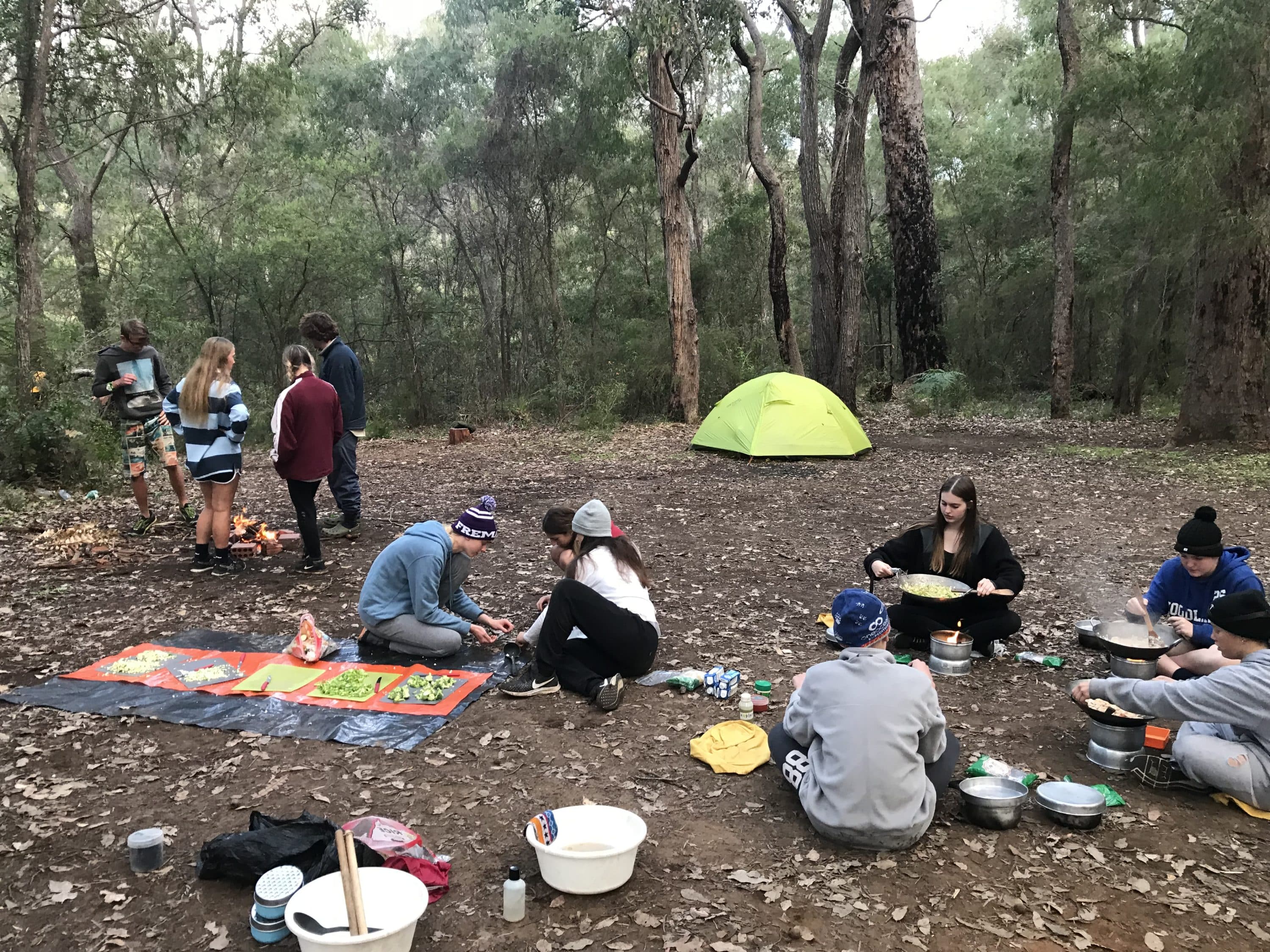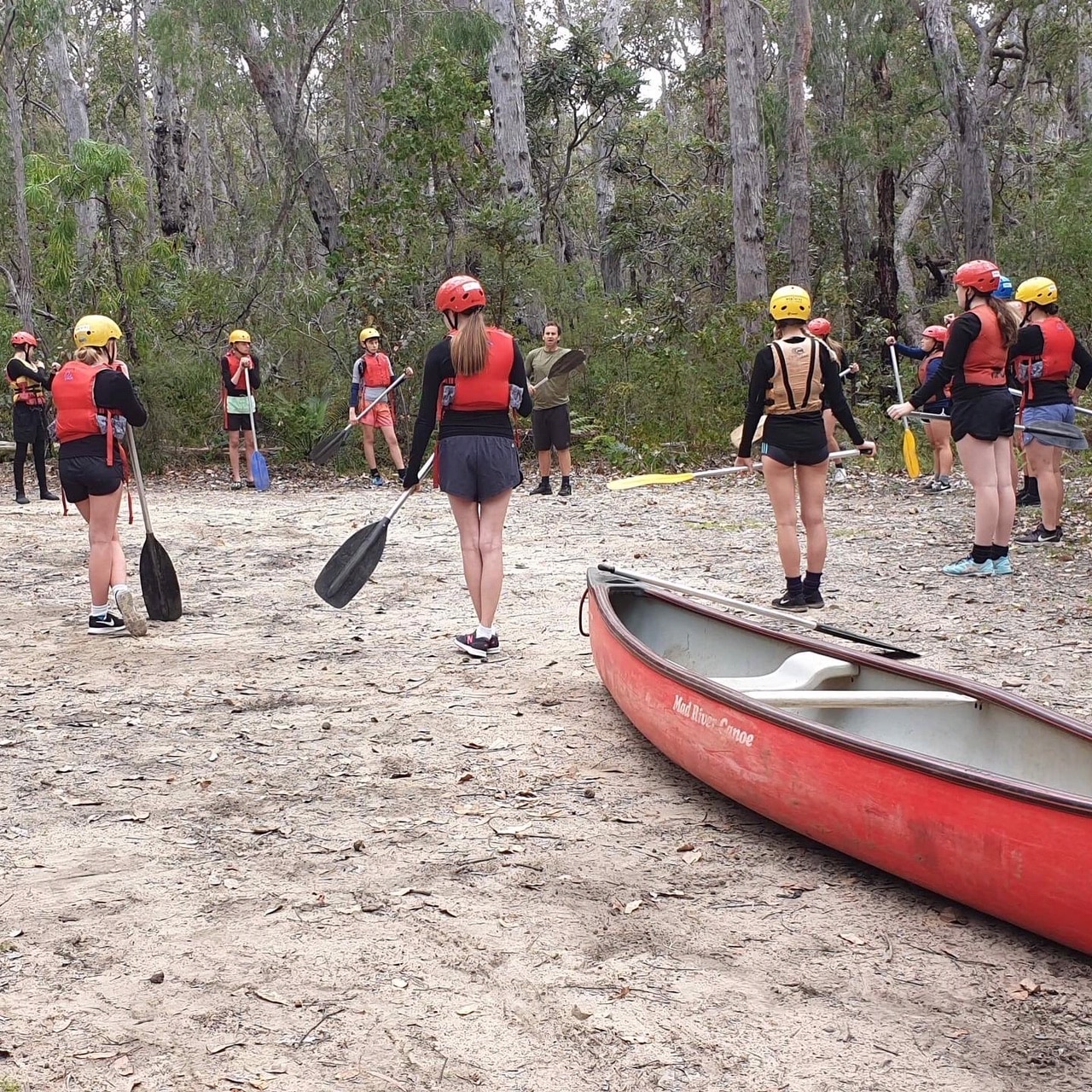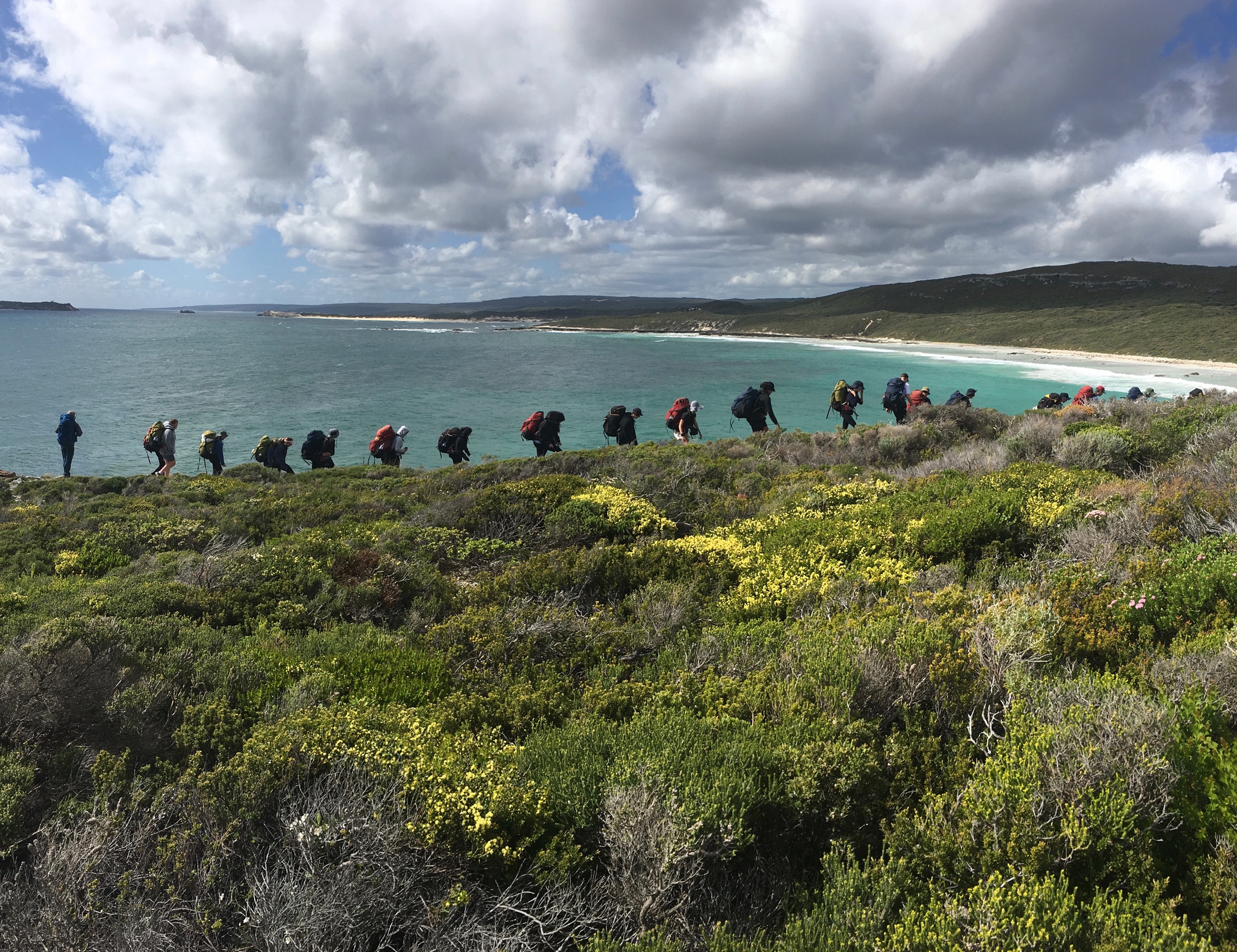Newman News Term 4 Week 2: From the Deputy Principal Wellbeing Secondary
Year 10 Camp
The Year 10 students had a wonderful first week back of Term 4 by completing a week of camping during their Adventure Camp. The aim of the program was to heighten awareness and respect for self and others as well as promote increased self-esteem and foster independence whilst increasing group cohesion. Click here to read more and see more photos from the camp.




Year 12 WACE Exams
Student WACE timetables are available to download from Personalised written examinations timetable and Personalised practical examination timetable from the student portal. Click here
The Personalised written examinations timetable will contain the date, time and examination centre for the student’s written examinations. The Personalised practical examination timetable will contain the date, time, venue and location of the student’s practical examination.
Click here to access the full WACE timetable.
Year 11 Exams
Year 11 Semester Two exams for ATAR classes will run from Monday 11 November – Friday 22 November. Students have already been given a copy of the Semester Two exam timetable, however it is also available to download here.
Download 2019 Year 11 Semester 2 Exam Timetable
While classes do not run at this time, students are welcome to organise times to meet with their teachers if they require further assistance.
Exam Feedback Days for ATAR students will be held on Monday 25 November and Tuesday 26 November. It is compulsory for ATAR students to attend their normal classes on these days to go through their marked exams.
Students on a General Pathway will finish school on Friday 8 November and will not be required to attend school during the exam period unless they need to finish or resubmit work. You will be notified if your child is required to attend school during this time by the end of Week 4.
Examination Rules and Procedures
- Dress Code Examinations are a school activity; therefore, candidates are expected to wear school uniform during examination periods.
- Examination Timetables Confirm your exam room, starting time and length of exam on the schedule sent.
- Equipment Students are to bring standard items such as pens, pencils, sharpener, correction tape, eraser, ruler, highlighter in a clear plastic pencil case.
- Special items such as: notes, templates etc are to be supplied by the candidate as per instructions of the examination.
- Calculators must be of an approved type. Calculator cases and instruction booklets are not allowed in the examination room.
- In the Examination Room Students will NOT communicate in any manner with other students, once the supervisor has allowed them into the room. Student papers may be cancelled if collusion or other interaction between students is suspected. During the exam there is no borrowing of equipment from another candidate.
- Students must divest themselves of any study materials directly or indirectly related to the specific examination prior to the start of that exam. Materials may be handed to the supervisor who will keep them during the examination. Student papers may be cancelled if use of related study material is suspected.
- Students must supply all hardware required for a particular examination and be certain it is in good working order.
- Students can not write or have writing implements in their hands during the allocated “Reading Time”.
- Students will not leave the examination room for any reason prior to conclusion of the time allocated to the examination.
- If required, the supervisor’s attention may be obtained by raising your hand and waiting for the supervisor to reach you.
- Mobile phones and smart watches may not be taken into the examination room.
- Water bottles must be clear plastic bottles with no labels. Eating is not allowed in the examination room.
Absence from Examination Venue – The only acceptable reason for absence from an examination is illness which must be confirmed by a doctor’s certificate. Mrs Carla Pastorelli must be contacted by you or your parent on the day of your illness and your Medical Certificate should be presented to her on your return to school.
Counselling & Wellbeing Team
This term, the Counselling Team will be providing Healthy Headspace tips to assist you in supporting your child’s overall wellbeing. This will include articles over the course of this term on sleep routines, nutrition and physical activity, self-care strategies and what to look out for if your child may be struggling. We will start by looking at one the ‘wellbeing basics’ – sleep.
Healthy Headspace: Part 1 – Sleep
Sleep plays a vital role for teens in maintaining physical and mental health. Lack of sleep can negatively impact behaviour and emotional regulation, as well as the ability to focus, do well at school and get along with others. Being tired can also contribute to feelings of anxiety and low mood. Most teenagers need between 8 and 10 hours of sleep per night. Promotion of the below habits can help your child to maintain a healthy sleep routine and reduce the likelihood of sleep difficulties.

If your teen is kept awake at night by worries, try talking about them together during the day. Encourage your child to write down anxious thoughts each day, and to try and come up with possible solutions. Mindfulness exercises before bed may be helpful in calming anxieties or an active mind. If your child experiences ongoing issues with getting to sleep, staying asleep or getting out of bed in the morning, which is affecting his/her wellbeing, schoolwork or relationships, support can be sought through your GP.
References:
https://raisingchildren.net.au/teens/healthy-lifestyle/sleep/sleep-teens
https://raisingchildren.net.au/__data/assets/pdf_file/0031/35869/Better-sleep-for-teenagers-PIP.pdf